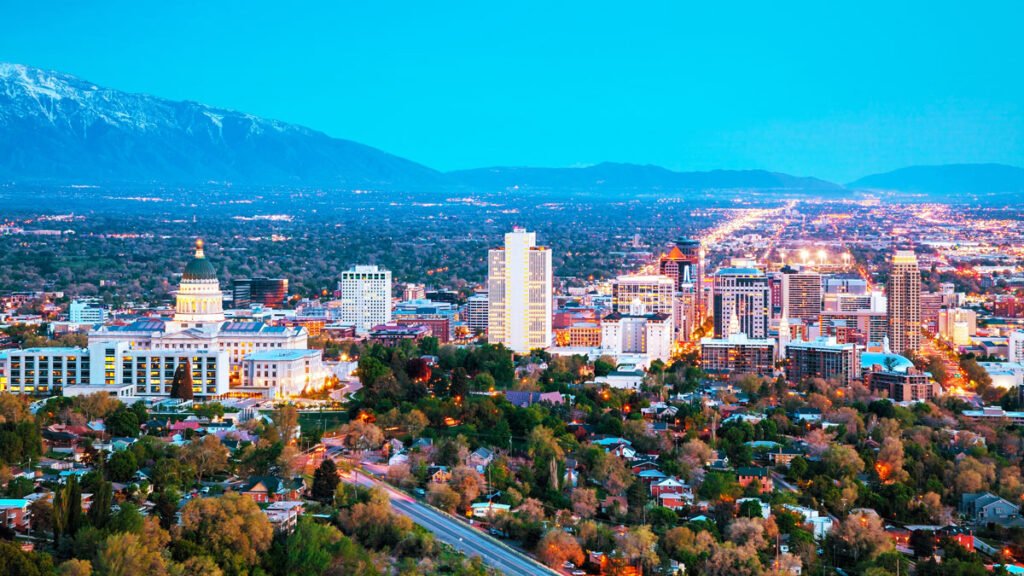The University of Utah Department of Public Health has secured funding to establish the Region VIII Public Health Preparedness and Response Center. The initiative is under contract with the U.S. Centers for Disease Control and Prevention (CDC) in Colorado, Montana, North Dakota, South Dakota, Utah, and Wyoming.
In September 2024, CDC’s Office of Rapid Response (ORR) Ready Response Science Division (DRRS) awarded 10 five-year cooperative agreements to one agency in each HHS region. Regional centers play a critical role in promoting the development and implementation of evidence-based strategies and interventions across communities and strengthening our capacity to prepare for and respond to public health threats. In addition to core funding, CDC supports efforts by tribal, rural, and remote communities to disseminate and implement tailored, evidence-based strategies and interventions. These centers strengthen national readiness and response capacity by collaborating with state, tribal, local, and territorial health departments, nonprofit organizations, universities, hospitals, and health care coalitions.
The newly funded Region VIII Center within the Rocky Mountain and Great Plains Emergency Public Health Center will implement a comprehensive work plan developed over the past year. The plan focuses on increasing the adoption of evidence-based practices to improve disaster and emergency response capabilities. The main areas of focus are:
Emergency preparedness and response for wildfires, severe weather, and flooding. Coordination between government agencies and community organizations using an incident command system. Enhance communication and community participation. Awareness of jurisdictional sovereignty, especially in tribal communities. Financial resources and communication strategies for tribal communities.
Kimberly Shoaf, Ph.D., MPH, professor at the University of Utah School of Public Health, will lead the center. The center will help state, local, and tribal health departments meet the growing public health needs of diverse communities, especially in the mitigation, preparedness, response, and recovery of emergencies and disasters.
“This center represents a major step forward in our ability to support public health preparedness and response efforts across the region,” Shoaf said. “We are working to ensure that all communities, especially underserved communities, have the resources and support they need to effectively respond to public health emergencies. ”
“The creation of this center underscores our dedication to improving public health and addressing disparities in emergency preparedness and response,” said John Barrett, M.D., director of Family and Preventive Medicine. added. “Recent extreme weather events like Hurricane Helen highlight the importance of a strong, coordinated national response to emergencies. We look forward to building the sanitation system.”
A key aspect of the center’s mission is to identify and address social and health disparities in emergency preparedness and response. The center works closely with public health preparedness and response (PHPR) personnel to ensure that underserved rural and tribal communities and other vulnerable populations receive equitable access to resources and services. We plan to make it accessible.
The Rocky Mountain and High Plains Emergency Public Health Center will collaborate with the Rocky Mountain Public Health Training Center at the University of Colorado School of Public Health. Total funding for this effort is nearly $5 million over five years, with approximately $1 million earmarked specifically to support tribal nations and communities.

